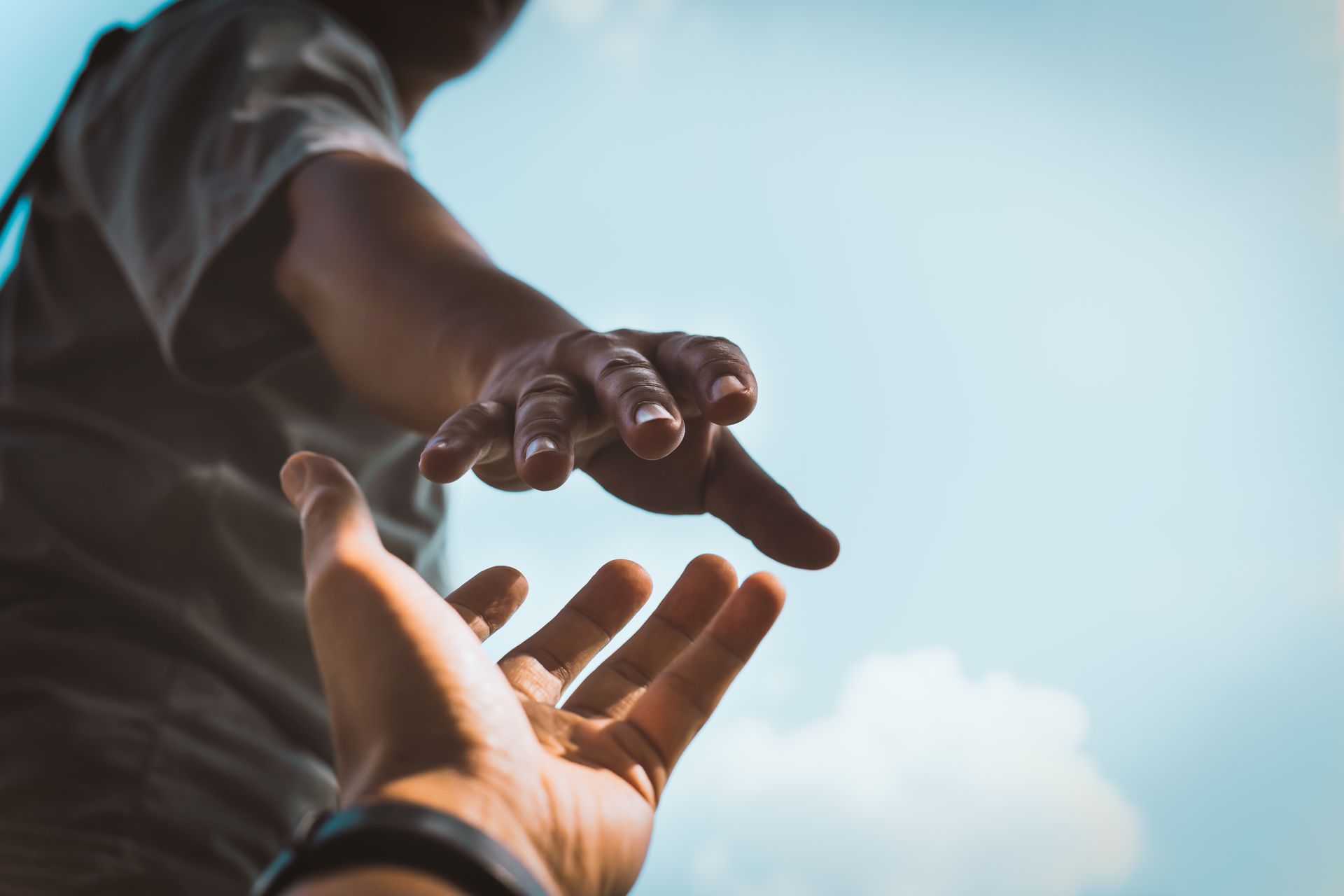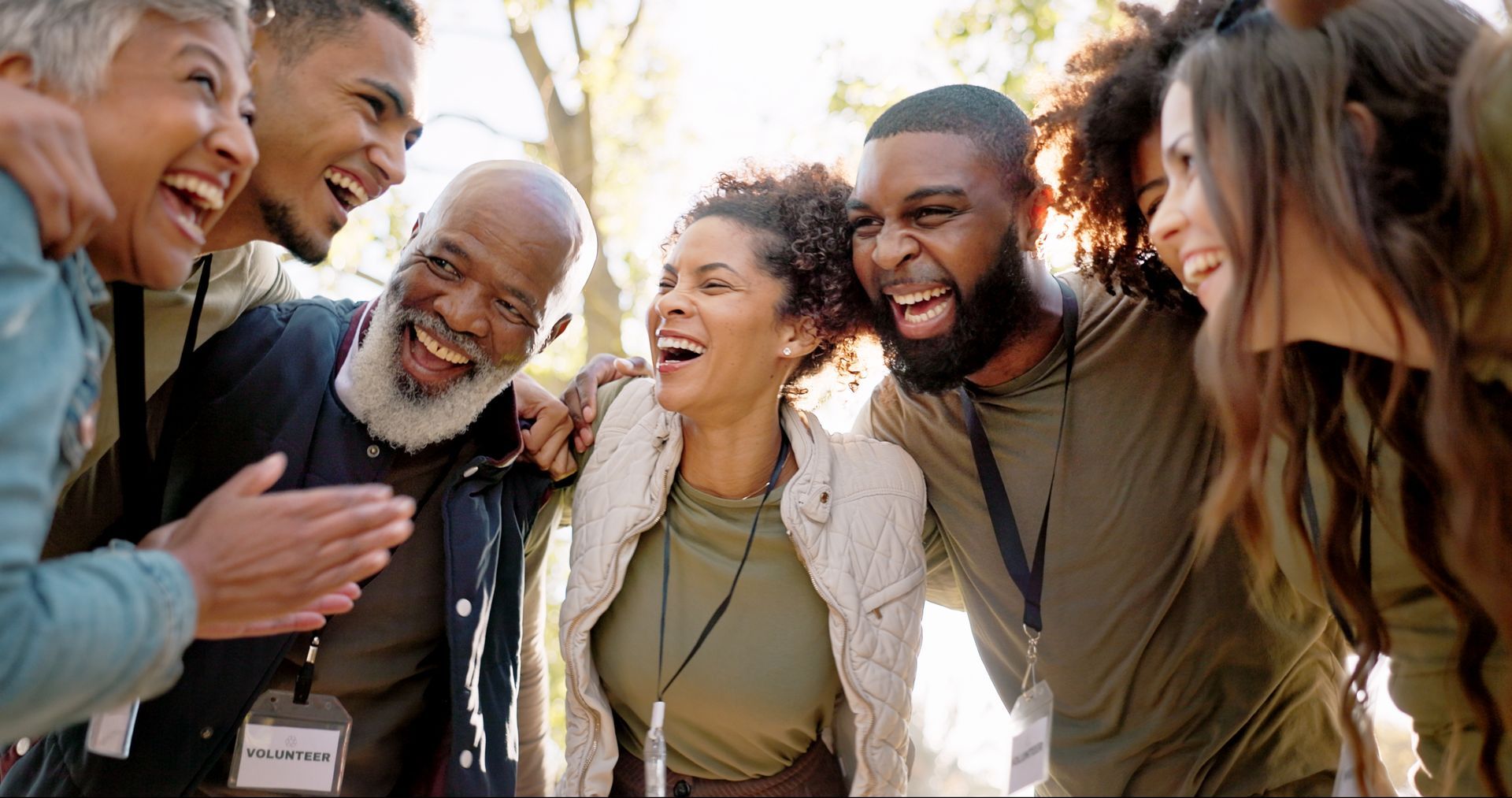Bringing Dignity to Our Unhoused Friends
During my doctoral residency in social work, I spent a day on Skid Row. The sidewalks were crowded, with tents pressed close together, lines forming for food, and volunteers handing out clothes. In the middle of all that, I sat with a woman who told me what she wanted more than anything: a shower and a chance to have her hair done.
“I just want to feel pretty again,” she said.
That moment stopped me. It was not about vanity. It was about dignity. She wanted to be seen as more than “homeless.” She wanted to be seen as a woman with worth, beauty, and humanity.
Dignity in the Details
Across the country, more than half a million people sleep without permanent housing on any given night. The reasons are complicated: job loss, illness, trauma, rent that’s out of reach. But the common thread I’ve heard again and again is the feeling of invisibility.
Dignity starts small. It’s eye contact instead of avoidance. Saying someone’s name when you know it. Offering choice instead of handing out whatever’s easiest. These gestures cost nothing, but they say everything: YOU MATTER.
And on a larger scale, dignity looks like safe places to sleep, bathrooms and showers that are accessible, a shared meal, and healthcare that treats people as whole humans.
The Power of Belonging
My friend Mary, a neighborhood chaplain and one of my program evaluation clients, understands this well. She noticed how difficult it is for people without an address to receive anything in the mail, whether government forms, letters, or even a birthday card. So she and her team set up a mailbox just for unhoused neighbors, shown in the photo above.
Last Christmas, she'd asked one of her friends on the street what he wanted. His answer was not a jacket, a gift card, or even food. He said, “I just want to get a real Christmas card in the mail.”
That answer tells you everything about dignity. It is not always about material possessions. It is about belonging. It is about proof that someone cares enough to write your name on an envelope.
Moving Past Stereotypes
Too often, stigma gets in the way. People assume that anyone without housing is lazy, addicted, or unwilling to work. The truth is more complicated. Wages often do not match rent. Trauma and mental health conditions go untreated. Safety nets meant to catch people are full of holes.
But there are hopeful models out there. Housing-first programs give people permanent homes without strings attached, and they work. Street medicine teams bring healthcare directly to sidewalks and encampments. And neighbors like Mary remind us that dignity is not always about sweeping solutions. Sometimes it is about small acts of recognition that restore belonging.
What We Can Do
Bringing dignity doesn’t always require an organization or a program. It can be as simple as stopping to say hello. Asking someone their story. Advocating for affordable housing in your city. Treating unhoused neighbors not as a problem to solve, but as people to know.
I think back to that woman on Skid Row who longed for clean hair. I think of the man who wanted nothing more than a Christmas card. Those stories remind me: dignity is about being recognized, valued, and seen.
The real question isn’t whether our unhoused neighbors deserve dignity. The question is whether we’ll choose to offer it.
Author’s Note: As part of my work as a program evaluator, I partner with community-based ministries like Mary’s to study the impact of their efforts. Again and again, the evidence shows what these stories already teach us: when dignity is restored, people flourish.










